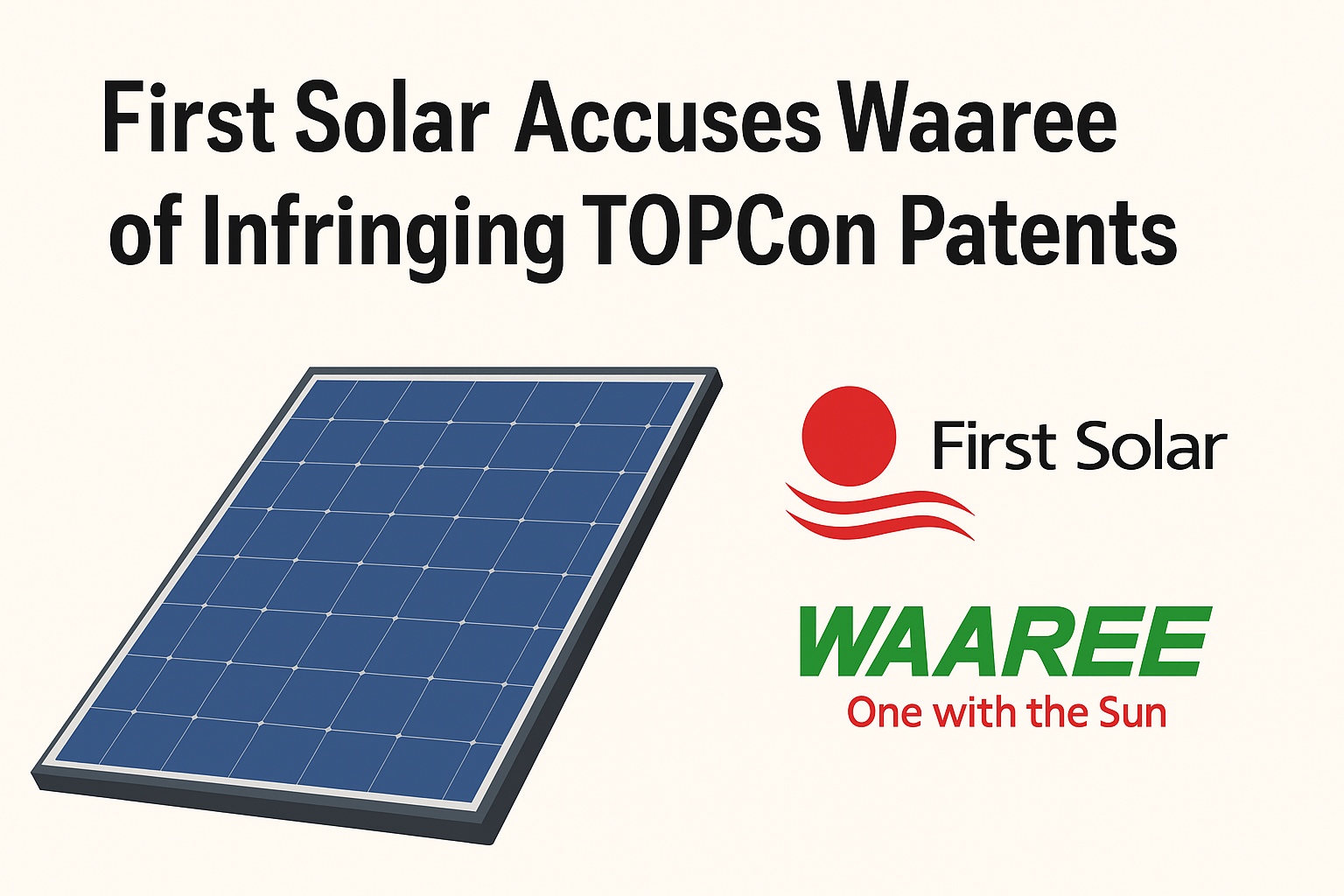Hexaware Technologies has launched a forceful legal counterattack against a massive $500 million patent infringement lawsuit filed in the United States. The Indian IT services major has moved a US federal court to dismiss the case outright, calling the claims legally flawed, technically weak, and commercially motivated.
The lawsuit, filed by US-based Natsoft Corporation and its affiliate Updraft LLC, accuses Hexaware of infringing multiple software patents linked to application modernization and automation technologies. Hexaware rejects the allegations in full and insists the suit has no legal foundation.
Hexaware Seeks Early Dismissal
Hexaware filed a motion before the United States District Court for the Northern District of Illinois seeking immediate dismissal of the lawsuit. The company argues that the patents cited by Natsoft do not qualify for protection under US patent law.
According to Hexaware, the claims rely on abstract ideas implemented through generic computing functions. US courts have consistently ruled that abstract concepts, even when executed on software platforms, cannot be patented.
Hexaware also asked the court to pause discovery proceedings until the dismissal motion is decided. The company said continued discovery would impose unnecessary legal costs for a case that lacks merit.
Natsoft’s $500 Million Claim
Natsoft filed the lawsuit in September, demanding damages exceeding $500 million. It alleges that Hexaware unlawfully used patented technologies developed by Updraft, a firm Natsoft acquired earlier.
The plaintiff claims the disputed patents cover advanced systems for automated code analysis, business rule extraction, and legacy software transformation. Natsoft argues that Hexaware embedded these capabilities into its commercial platforms without authorization.
The lawsuit also includes claims related to breach of contract and unjust enrichment.
Two Sides, Two Narratives
The case presents a sharp contrast in legal narratives.
Natsoft frames the dispute as a clear case of intellectual property misuse. It argues that years of research and investment were exploited without compensation.
Hexaware paints a very different picture. The company maintains that its platforms were independently developed using widely known software principles. It insists no proprietary technology was copied or misused.
Hexaware has described the lawsuit as speculative and opportunistic. It says the claims attempt to stretch patent protection far beyond what the law allows.
High Stakes for Indian IT Firms
The lawsuit has drawn attention across India’s technology sector. A $500 million claim represents a significant financial risk, even for a large IT services company.
Legal experts say the case highlights growing exposure for Indian tech firms operating in global markets. As companies move deeper into automation, AI, and platform-based services, patent disputes are becoming more frequent and more complex.
The outcome could influence how software patents are interpreted in future cross-border technology disputes.
What Comes Next
The US court will first decide whether Hexaware’s motion to dismiss has merit. If the court agrees that the patents are not legally valid, the case could end without a full trial.
If the motion fails, the lawsuit will move into discovery and potentially a prolonged courtroom battle.
For now, Hexaware remains confident. The company has said it does not expect the lawsuit to disrupt its operations or strategic plans.
The legal fight is just beginning. But its implications could extend far beyond a single company or a single lawsuit.




